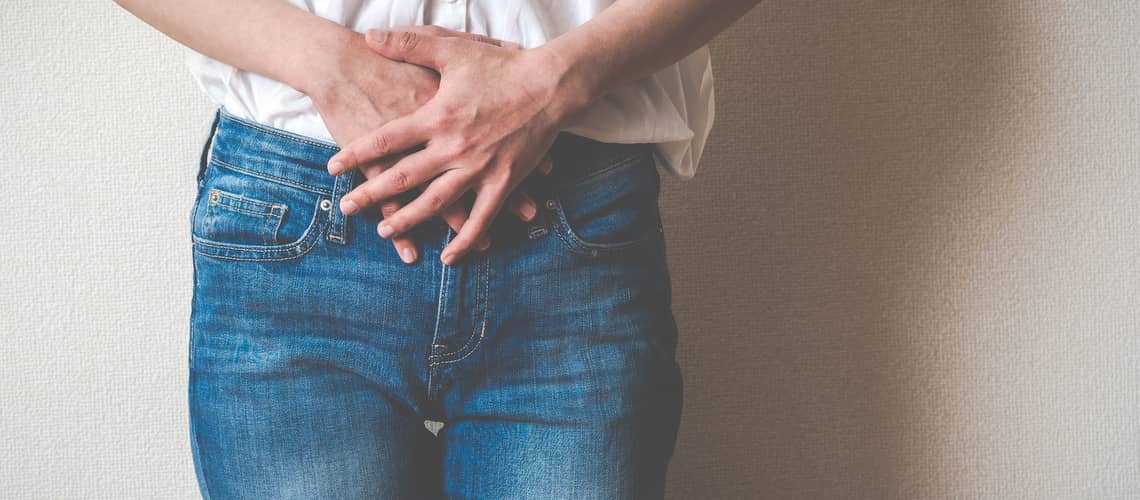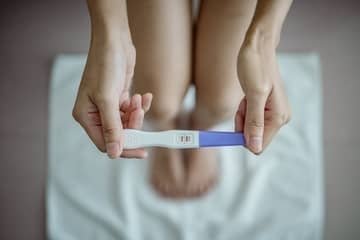
Urine leakage in pregnancy. What causes it and how to stop it?
Problems with urine leakage belong to typical complications in pregnancy. Already at the beginning of pregnancy, the urge to urinate is one of the typical symptoms. This results in an increased volume of blood in the body and greater perfusion of the organs, as well as an increase in the kidneys, which work more intensively to excrete waste materials from the body.
In addition, hormonal changes in the body of a pregnant woman also contribute to the problem of urine leakage. The hormone progesterone, which is produced in large quantities during pregnancy, can relax the ligaments and muscles in the pelvic floor, which further worsens the situation with urine leakage and the need to urinate frequently. It also widens the urethra and can cause involuntary leakage of urine.
During pregnancy, leakage of urine, also known as urinary incontinence, affects many women and is a common phenomenon associated with this period of life. The main cause of urinary leakage is a weakening of the pelvic floor, which is the muscle group and ligaments that support the bladder and urinary tract. During pregnancy, there is an increase in pressure on the pelvic floor, because the growing fetus and the uterus press on these structures, causing the woman to urinate. This pressure can weaken muscles and ligaments, leading to leakage of urine when coughing, sneezing, laughing or during increased physical activity. These manifestations are typical for an advanced stage of pregnancy - the third trimester.
It is important to remember that leaking urine during pregnancy is normal and is not something a woman should be ashamed of. These physiological and hormonal changes in a woman cause a natural and compulsive need to urinate. A woman can also often experience spontaneous leakage of urine - incontinence, when a woman is unable to control her bladder. Urine should not be retained during pregnancy. Concentration of urea in the bladder creates a suitable environment for bacteria to multiply. Subsequently, more frequent infections and inflammations of the urinary tract can occur, which can also cause the need to urinate frequently and urine leaks. Watch for symptoms indicating inflammation of the urinary tract – burning when urinating, smell of urine, cloudy urine, urge to urinate even after needing to urinate, pain in the lower abdomen.
Urine leakage can be alleviated by exercises to strengthen the pelvic floor. By strengthening the pelvic floor, the pelvis receives sufficient support and the pressure on the bladder is reduced. It is necessary to observe the drinking regime. So avoid drinking more fluids before going to bed. Limit or eliminate excessive lifting altogether. Avoid sweetened drinks, urological tea, caffeine and carbonated drinks. The main source of fluids should be clean water, fresh fruit juices and suitable teas for pregnant women.
If urine leakage causes you problems during pregnancy, the solution can also be incontinence pads, which are used to catch small urine leaks. Women also use them in discussions, or some reach for classic intimate pads. They also indicate the possible presence of infections or inflammation. Frequent leakage of urine should be consulted with a gynecologist.
Pridať komentár






